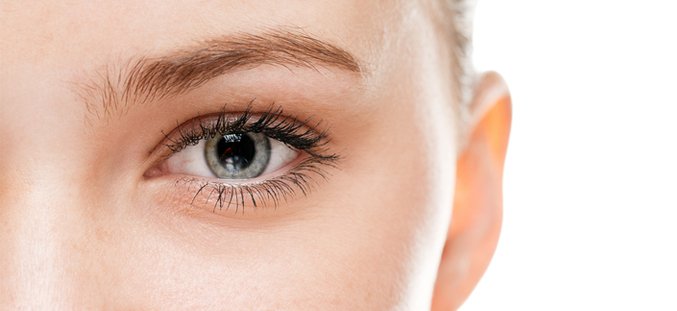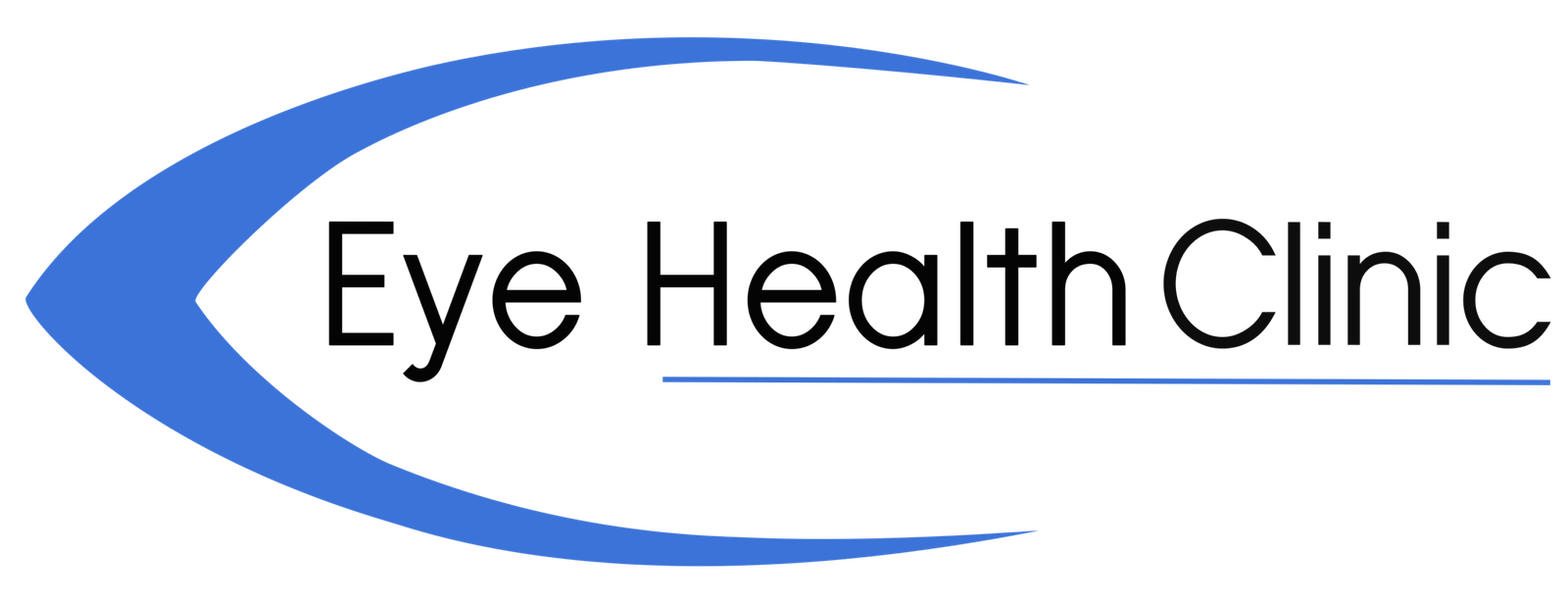
- Have regular eye tests
As well as an eye health check, a sight test might help detect signs of underlying general health conditions, such as diabetes, high cholesterol and high blood pressure. Everyone should have a sight test every two years, or more often if your optometrist recommends it.
- Eat healthily
Eating a healthy, balanced diet reduces your risk of eye disease. Include lots of omega-3 fats, found in oily fish, and lutein, found in dark-green, leafy vegetables such as spinach and kale. Vitamins A, C and E are also helpful, so eat at least five portions of fruit and vegetables a day.
- Wear prescribed glasses
Many eye and vision problems develop or increase as we get older. Contrary to the myth, wearing glasses and contact lenses doesn’t make your eyesight worse – they help your eyes work more efficiently.
- Take regular breaks
When you work on something close up, such as a computer, tablet or smartphone, your eye muscles are active. This may cause tiredness and headaches, even in those with normal sight. Follow the 20/20/20 rule – every 20 minutes, look at something 20 feet away, for 20 seconds. And don’t forget to blink, as this helps prevent your eyes drying out.
- Wear sunglasses
As well as making your vision more comfortable in the sun, sunglasses protect your eyes from UV light. When choosing sunglasses, you should always make sure that they carry the CE or British Standard marks. Exposure to UV when young does most harm, so protect children with sunglasses, as well as a hat and sunblock.
- Avoid dry eyes
Eyes become dry, tired and sore if you are not producing enough tears. Central heating, air-conditioning and computer use can make it worse. Many adults suffer with dry eyes due to a health condition or medication. Lubricating eye drops can soothe irritation and reduce discomfort. Drink plenty of water and remember to blink often.
- Research your family history
Many eye conditions run in families, from simple long and short sight to more serious diseases, such as glaucoma. Knowledge of problems with sight can help detect a condition before it becomes serious.
- Better Safe Than Sorry
The sudden onset of symptoms like blurred vision, flashing lights, floaters or eye pain might, in rare cases, indicate a problem which needs treating. Most eye problems, if detected early, won’t cause unnecessary loss of vision. So have a check as soon as possible.
